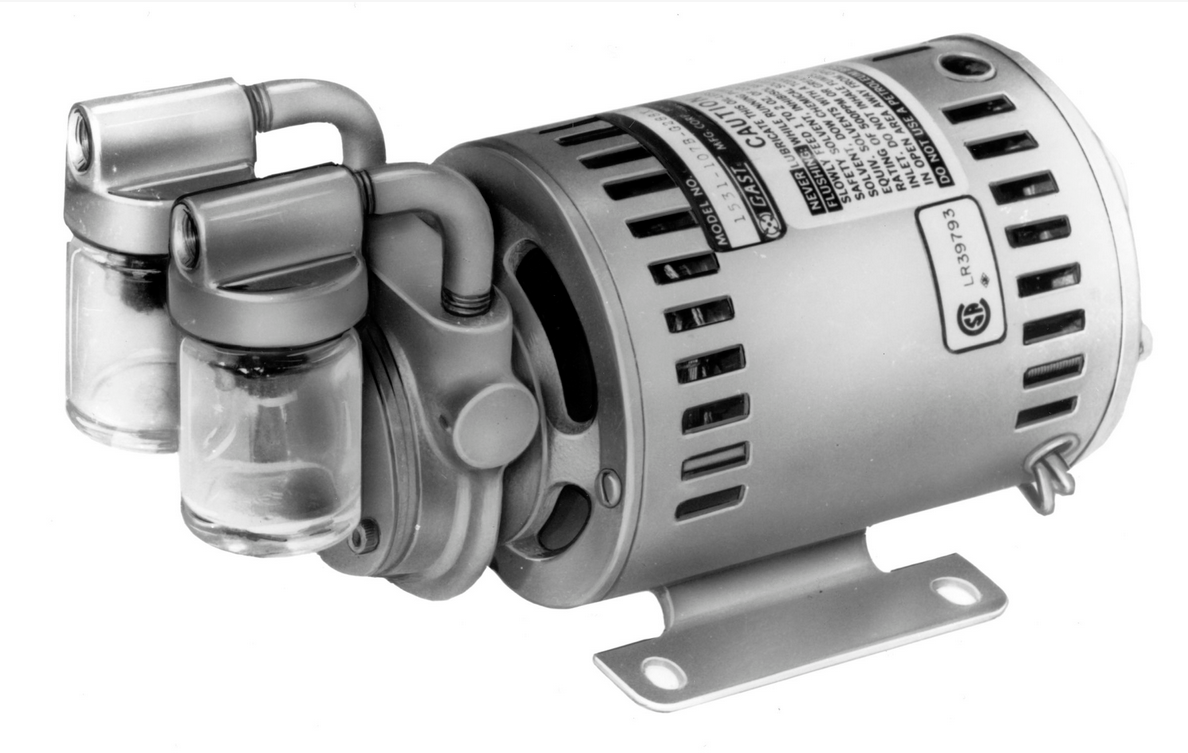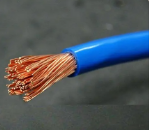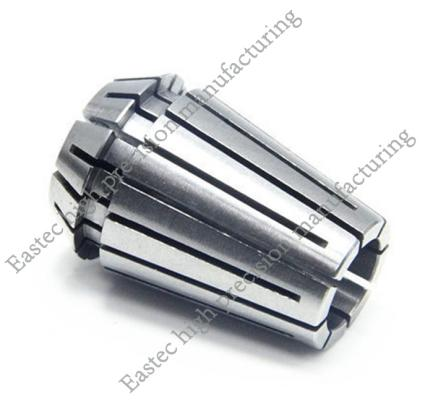
Here's how a helical rotary pump works:
Construction: A helical rotary pump consists of two main components: a rotor and a stator. The rotor is a single or double-threaded helical screw that is typically made of metal. The stator is a tube-like structure with a double-threaded helical cavity that matches the rotor's shape. The stator is usually made of an elastomeric material such as rubber or a metal alloy.
Fluid Flow: When the rotor rotates within the stator, the helical threads form cavities that move from the suction side to the discharge side of the pump. As the rotor turns, these cavities progress along the length of the stator, trapping and transporting fluid from the suction inlet to the discharge outlet.
Sealing: The tight tolerances between the rotor and the stator create a series of discrete seals that prevent fluid from flowing backward. This design ensures that the fluid is positively displaced and allows the pump to handle high-viscosity fluids without losing efficiency.
Advantages: Helical rotary pumps have several advantages, including:
Ability to handle high-viscosity fluids: These pumps are ideal for viscous liquids, such as sludge, heavy oils, adhesives, and food products like dough or chocolate.
Gentle pumping action: The progressive cavity design provides a smooth and pulsation-free flow, making it suitable for shear-sensitive fluids and delicate solids.
Self-priming capability: The design of helical rotary pumps allows them to self-prime, meaning they can draw fluid into the pump without external priming.
High suction lift: These pumps can handle significant suction lifts, making them suitable for applications where the fluid source is located below the pump.
Applications: Helical rotary pumps find application in various industries, including oil and gas, wastewater treatment, food processing, chemical processing, pharmaceuticals, and more. They are often used for transferring and metering highly viscous liquids, dosing additives, and handling abrasive or shear-sensitive fluids.
It's important to note that while helical rotary pumps have many advantages, their efficiency can be affected by factors such as fluid characteristics, solids content, and rotor-stator wear. Regular maintenance and monitoring are necessary to ensure optimal performance and longevity of the pump.





 Customer service 1
Customer service 1  Customer service 2
Customer service 2